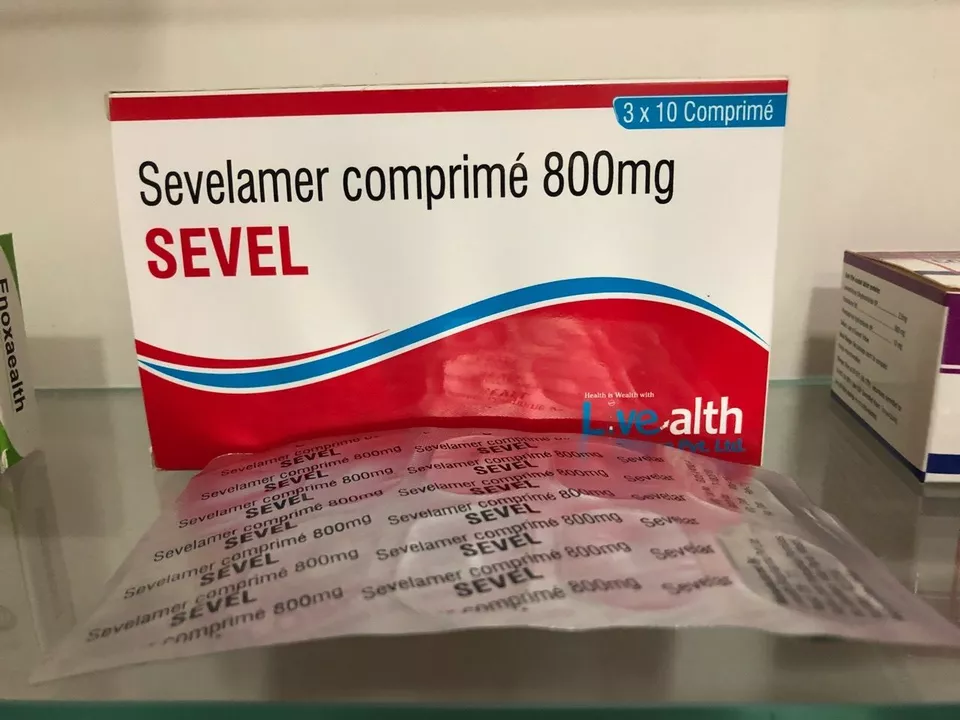Adherence: How to Take Your Meds Right—Simple Steps That Work
Missing doses quietly makes treatments fail. Nearly half of adults with chronic conditions don't take medicines exactly as prescribed, and that leads to worse symptoms, extra doctor visits, and higher costs. If you struggle with sticking to a plan, this page collects practical, low-cost ways to get on track and stay there.
Start by making the plan simple. Fewer pills and fewer times per day improve the odds of success. Ask your doctor or pharmacist if once-daily options or combination pills are possible. If a medication must be taken multiple times, pair doses with daily routines - think brushing teeth, meals, or TV time.
Daily tools that actually help
Use a pill organizer to sort weekly doses; it removes guesswork. Set phone alarms or use a smart speaker for reminders. Free apps like Medisafe or MyTherapy track doses and send refill alerts. If you prefer paper, a simple checklist on the fridge works just as well for many people.
For people on tight budgets, cost worries often affect adherence. Talk to your prescriber about lower-cost alternatives or generics. Check nearby stores and online pharmacies for price differences, and look into mail-order programs that lower monthly costs. Some posts here compare stores like CVS alternatives and show cheaper options for everyday meds.
Handling side effects and messy schedules
Side effects are a major reason people stop medicine. don't stop a drug suddenly - call your clinician and ask for strategies: dose timing changes, temporary relief meds, or switching to another option. If work or travel disrupts a regimen, plan ahead: carry a small pill case, bring a prescription list, and pack enough refills before trips.
Make your support system part of the plan. Share your medication schedule with a friend or family member who can check in. Many caregivers find that a quick morning text from a partner or a weekly phone call from a sibling keeps everyone accountable without pressure.
Keep good records. Save prescription labels, track side effects by date, and note missed doses. When you meet your doctor, this record gives a clear picture and helps you both find a better plan. It also proves useful if you switch pharmacies or compare prices online.
Finally, use trusted sources when shopping online. Verify pharmacy credentials, read real reviews, and avoid sites that offer prescription drugs without a prescription. Our articles cover safe online buying, price comparisons, and how to spot scam pharmacies so you can protect your health and your wallet.
Adherence isn't perfect for anyone. Start small: one habit change at a time. Within weeks you'll notice fewer missed doses, better symptom control, and less stress. If you need specific help, browse the related posts below or ask your care team for a tailored plan.
Also consider free community programs and pharmacy discount cards, which can cut costs and improve refill rates. Pharmacists often offer medication reviews and adherence counseling - ask them at your next visit for simple, personalized tips. Start today now.
Tips for remembering to take your Sevelamer Hydrochloride medication
Taking Sevelamer Hydrochloride medication consistently is crucial for managing phosphate levels in patients with kidney disease. To help remember, try setting alarms or using a pill organizer to keep track of daily doses. Incorporating the medication into a routine, like taking it with meals, can also be beneficial. Additionally, keeping a medication journal or using a mobile app can be useful for tracking and reminders. Lastly, having a support system of friends and family to remind you can greatly improve adherence to your medication regimen.
Read More
